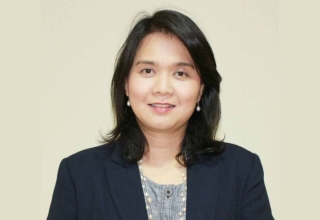
Last updated on May 18th, 2021 at 05:22 am
A large number of Thai students are now joining top universities abroad to grab opportunities from an international world, like the prestigious Ivy League.
The British Council Thailand announced in February that the number of Thai higher education students studying abroad amounted to 15,738. Of that, 43% flocked to the UK, followed by 37% to the US, 16% to Australia, and 4% to Canada.
Pranai Fuang-Arom, a Harrow International School graduate, said he has already received conditional offers and is now looking forward to the outcome of his test. Looking back, Mr Pranai said it was a long journey that included several years of exam research, but it made him a wiser and more responsible person.
International high school students usually do the International General Certificate of Secondary Education [IGCSE] and A-level in the UK education system but those going to the US take the SAT entrance test. IGCSE is a GCSE-like English-language test and is known in the United Kingdom as equivalent to GCSE for the purposes of prior attainment recognition.
The UK allows overseas students to stay and work in the UK for two years after graduation from this year on, reversing a decision made in 2012 by then-home secretary Theresa May that forced them to leave four months after graduation.
Similarly, Suthatphisit Piyawalaluck, a Harrow International School graduate who has a conditional offer from the LSE, accepted that getting into top-notch universities requires hard work, but it will allow him to stand firm in his future career. Harrow International School reported on its website that the 2020 class has received more than 400 offers from globally recognized universities, including 93 from the top 50 universities.
With all this opportunities how can Thailand can achieve global recognition for its education? It can pursue its goal of a regional hub by attracting those from neighbouring countries to study and work here. However, the government should also create an ecosystem to support the foreign cream of the crop, for example, by offering scholarships and post-study work visas
























